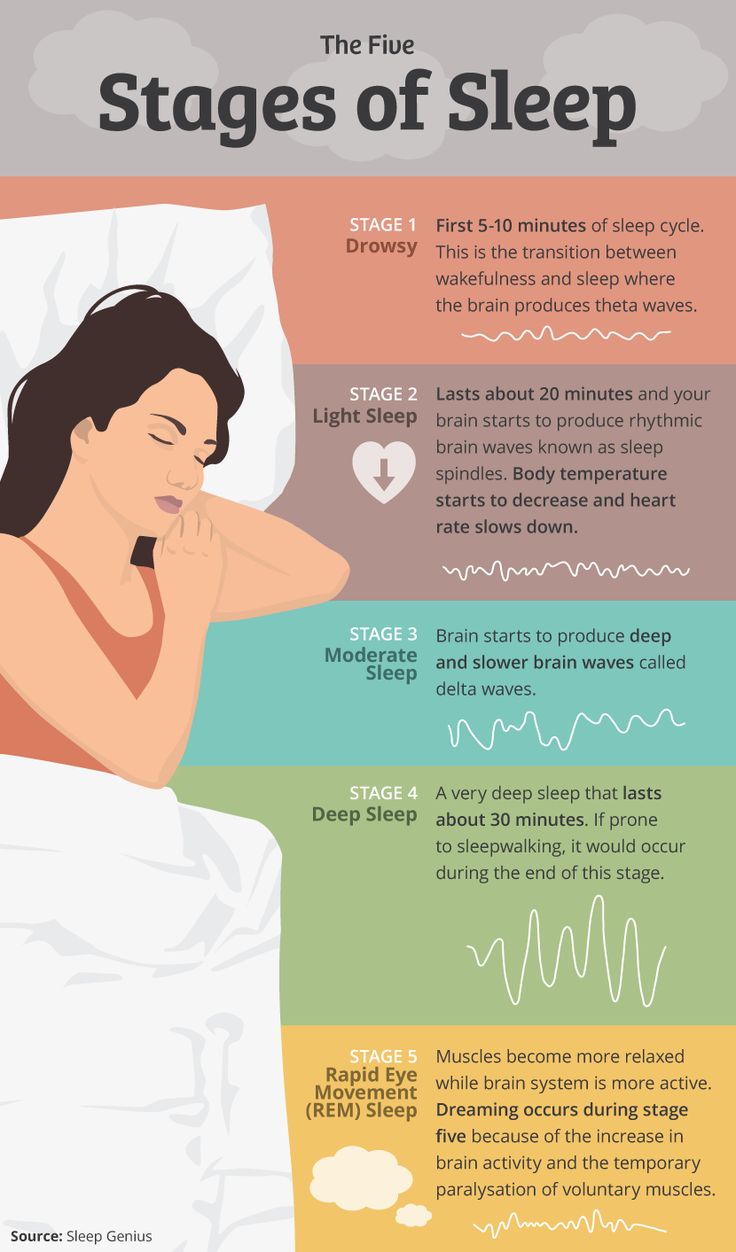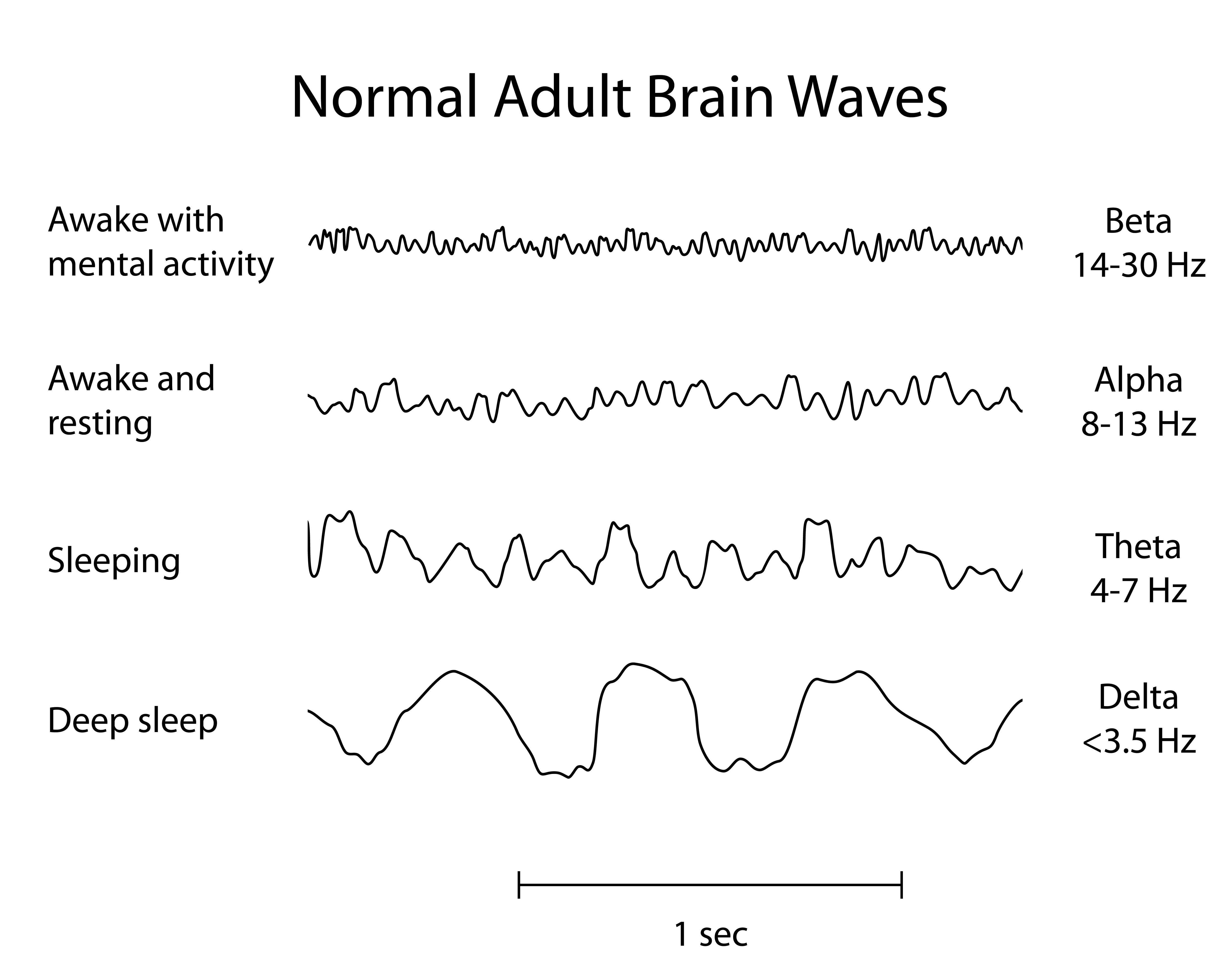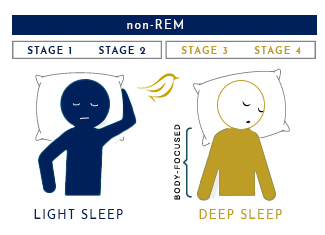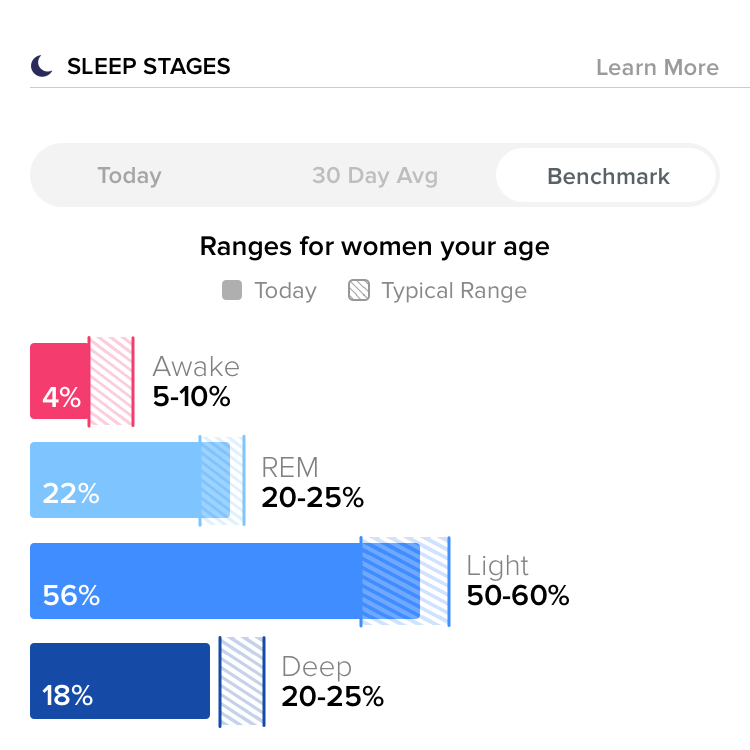
Recent research has led scientists to hypothesize that sleep, particularly REM sleep, plays a role in strengthening these skills. Many tests are designed to assess critical thinking and creative problem-solving skills. How does sleep improve the ability to solve problems creatively? According to Matthew Walker, professor of neuroscience and psychology at UC Berkeley, MRI scans indicate that the slow brain waves of stage 3 sleep (deep NREM sleep) “serve as a courier service,” transporting memories from the hippocampus to other more permanent storage sites. Scientists hypothesize that sleep also plays a major role in forming long-term memories.

Recent research has led scientists to hypothesize that Stage 3 (deep non-Rapid Eye Movement sleep, or Slow Wave Sleep) may be especially important for the improvement of memory retention and recall. In the last century, scientists have tested this theory many times, often finding that sleep improves memory retention and recall by between 20 and 40 percent. Rhetorician Quintilian stated, “It is a curious fact, of which the reason is not obvious, that the interval of a single night will greatly increase the strength of the memory.” In fact, the first record of this revelation is from the first century AD. Humans have known about the benefits of sleep for memory recall for thousands of years.

How does sleep improve the ability to recall information? The group that didn’t nap, however, experienced a significant decrease in learning ability. The researchers found that the group that napped between learning sessions learned just as easily at 6:00 PM as they did at noon. Half of the group was allowed to nap between sessions, while the other half took part in standard activities. In one study, a group of 44 participants underwent two rigorous sessions of learning, once at noon and again at 6:00 PM. This means, if the hippocampus is full, and we try to learn more information, we won’t be able to.įortunately, many scientists also hypothesize that sleep, particularly Stages 2 and 3 sleep, plays a role in replenishing our ability to learn. Some scientists hypothesize that, like most storage centers, the hippocampus has limited storage capacity. When learning facts and information, most of what we learn is temporarily stored in a region of the brain called the hippocampus. How does sleep improve the ability to learn? Let’s take a look at some of the most interesting research regarding the impact of sleep on learning and memory.

All of which contribute to better test scores. In the last 20 years, scientists have found that sleep impacts more than just students’ ability to perform well it improves their ability to learn, memorize, retain, recall, and use their new knowledge to solve problems creatively. So, why is it that sleep is so important for test scores? While the answer seems simple, that students simply perform better when they’re not mentally or physically tired, the truth may be far more complicated and interesting. In October of 2019, two MIT professors found a correlation between sleep and test scores: The less students slept during the semester, the worse their scores. That being said, staying up all night to study is one of the worst things students can do for their grades.

According to Medical News Today, around 20 percent of students pull all-nighters at least once a month, and about 35 percent stay up past three in the morning once or more weekly. For many students, staying awake all night to study is common practice.


 0 kommentar(er)
0 kommentar(er)
